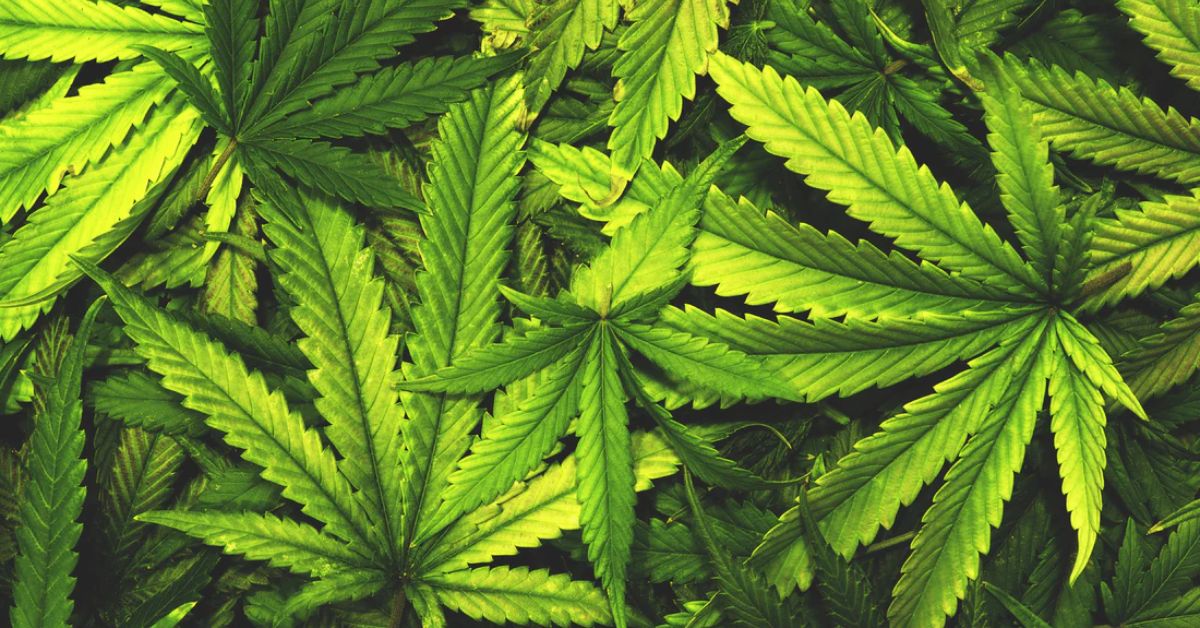With society’s acceptance of cannabis expanding rapidly, curiosity about cannabis compounds has broadened beyond THC and CBD. One compound that has generated particular excitement from researchers and wellness advocates alike is Tetrahydrocannabinolic Acid (THCA).
This non-psychoactive cannabinoid exists naturally within raw cannabis plants, and research has begun exploring its unique characteristics and possible applications. As we delve into THCA further, it’s crucial to separate fact from fiction by carefully considering credible research concerning its properties and applications without mistaking THCA as a therapeutic panacea THCA.
What Is THCA?
THCA, or tetrahydrocannabinolic Acid, is a cannabinoid found as a natural constituent in the trichomes (the resin glands) of the raw cannabis plant. As the precursor to the psychoactive compound Delta-9-THC, THCA remains non-psychoactive until it undergoes decarboxylation, typically through drying, curing, or heating the plant material.
When THCA is subjected to these conditions, it sheds its carboxyl group in the form of CO2 and water vapor, transitioning into the widely recognized compound THC. However, when in its pristine, non-decarboxylated state, THCA presents its unique profile of potential benefits, distinct from THC.
The Benefits of THCA
THCA has attracted attention from the medical community for its potential to soothe aches and relieve the disabling features of various ailments. Though research is in its infancy, exploratory evidence suggests THCA could carry anti-inflammatory, neuroprotective, and anti-emetic properties.
As with many emerging fields of study, these attributions should be approached with optimism and critical inquiry, ensuring that the excitement around potential applications does not outpace the concrete evidence. Conclusive research into THCA’s benefits will be the cornerstone of understanding this intriguing cannabinoid’s full potential.
THCA vs. THC: What’s the Difference?
The most pronounced difference between THCA and THC is their respective effects on the human body. Unlike its well-known counterpart, THC, which produces mind-altering effects, THCA does not have intoxicating properties.
THCA’s scientific interest stems from its potential health benefits without the psychoactive impact associated with cannabis use. This distinction makes it an appealing subject for those seeking the wellness properties of cannabis without the high. Despite their differences, both compounds share a close biological relationship, and understanding this connection is paramount for both consumers and researchers.
Potential Medical Applications of THCA
Though still speculative and grounded within the early stage of research, the medical applications of THCA are intriguing to many within the scientific community. Investigations into THCA’s efficacy as an analgesic, antispasmodic, and anti-inflammatory agent promise to open new avenues for managing symptoms of chronic illnesses such as epilepsy, multiple sclerosis, and arthritis. Yet, much research remains to be conducted before any definitive claims can be made regarding THCA’s role in a clinical setting.
While anecdotal evidence provides strands of hope, the scientific scaffolding is essential for forming a robust understanding of THCA’s medicinal applications.
Legal and Regulatory Aspects of THCA
The legal landscape surrounding cannabis-derived compounds is as dynamic as it is diverse. In many regions, THCA falls under the same legal scrutiny as THC due to its potential to convert to a psychoactive compound. Consequently, the accessibility and research into THCA are inextricably linked to the evolving policies and perceptions of cannabis at large. With the continual change in cannabis laws and an increasing number of regions re-evaluating their stance, the legal status of THCA may shift, allowing further inquiry into its benefits and uses.
How to Consume THCA
The art of consuming THCA is rooted in maintaining its raw, non-decarboxylated state. This demands specific consumption methods that preserve THCA’s properties by avoiding heat, which would otherwise transform it into THC. Common strategies include:
- Creating THCA tinctures.
- Incorporating raw cannabis into juices or smoothies.
- Utilizing specially crafted THCA-rich products designed to be consumed as is.
Users must understand the optimal methods for ingesting THCA to access its potential health advantages.
The Future of THCA Research
The ambitions for THCA research extend beyond current knowledge, with the promise of breakthrough discoveries. The future of cannabis science will likely be determined by the balance between advancing our understanding of cannabinoids like THCA and navigating the complex web of legal frameworks.
As more knowledge surfaces, the industry anticipates new applications and products to emerge, guided by rigorous scientific inquiry and a commitment to understanding cannabis’s many facets.
Debunking Myths About THCA
Misconceptions about THCA are common, mainly due to the infamous reputation of THC and the general lack of public understanding of cannabis constituents. Correcting these misunderstandings is crucial in fostering an accurate comprehension of what THCA is — and what it is not. For instance, THCA is often thought to induce psychoactive effects similar to THC, yet this is untrue, as THCA does not affect the mind in the manner THC does. Enhanced public awareness and education are vital to dismantling myths and acknowledging THCA’s true nature and potential.
Consumer Tips for Exploring THCA Products
For consumers considering exploration into THCA products, informed decision-making is critical. Ensuring you obtain high-quality products from reputable sources, looking into product testing and certification, and consulting healthcare professionals where necessary can all contribute to a safe and constructive experience.
Likewise, paying attention to dosage and individual reaction is paramount, as everyone’s interaction with cannabinoids can vary. Through careful and knowledgeable engagement, the journey into THCA can be a rewarding exploration of the world of cannabinoids and their potential role in wellness.
You May Also Like: Leveraging Personal Loans for Healthcare Workers During Emergencies



